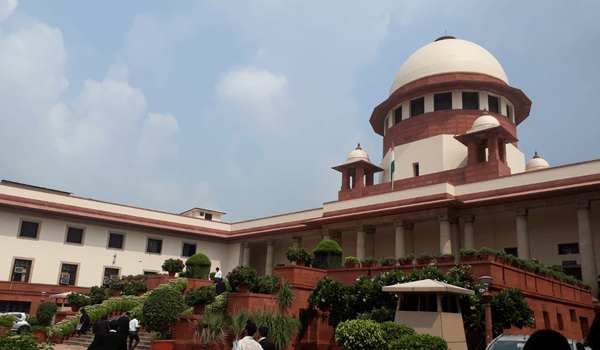In a recent landmark judgement, the Supreme Court of India has upheld the rights of government employees by clarifying that they are entitled to their annual increment for their good conduct during a specified period, regardless of their retirement date.
The decision came in response to an appeal filed by the Karnataka Power Transmission Corporation Ltd, which had denied the annual increment benefit to employees who had retired the day after earning it.
The corporation used Regulation 40(1) of the Karnataka Electricity Board Employees Service Regulations, 1997, which specifies that an increment accrues from the day following its earning, as a justification for rejecting the benefit.
The court dismissed the argument and affirmed that the government employee’s entitlement to receive the annual increment crystallises when they complete the necessary length of service with good conduct. The increment becomes payable on the following day, according to the court’s ruling.
The Supreme Court emphasised that increments are earned benefits for an employee’s previous year of service and can only be denied as a penalty after a disciplinary inquiry. It dismissed the argument that increments are a form of incentive and stated that they are granted on the basis of good conduct, and are only withheld if the employee has not performed their duties efficiently or if they are being punished.
The court’s ruling is significant as it ensures that government employees are not unfairly denied their earned benefits. It sets a precedent for future cases involving the denial of annual increments to government employees, and clarifies that increments cannot be withheld merely because the employee retires the next day after earning it.
This decision is also noteworthy as different High Courts in India had different views on this issue, and the Supreme Court’s endorsement of the view that denying an employee their earned increment would amount to punishment is likely to have far-reaching consequences.
It underscores the importance of protecting the rights of government employees and ensuring that they are not subjected to arbitrary and unreasonable interpretations of service regulations.




1 Comment
Now, Govt. should honour the judgement of Honourable Supreme Court and many High Courts and issue general order for the benefit of senior citizens, many of them are+76.